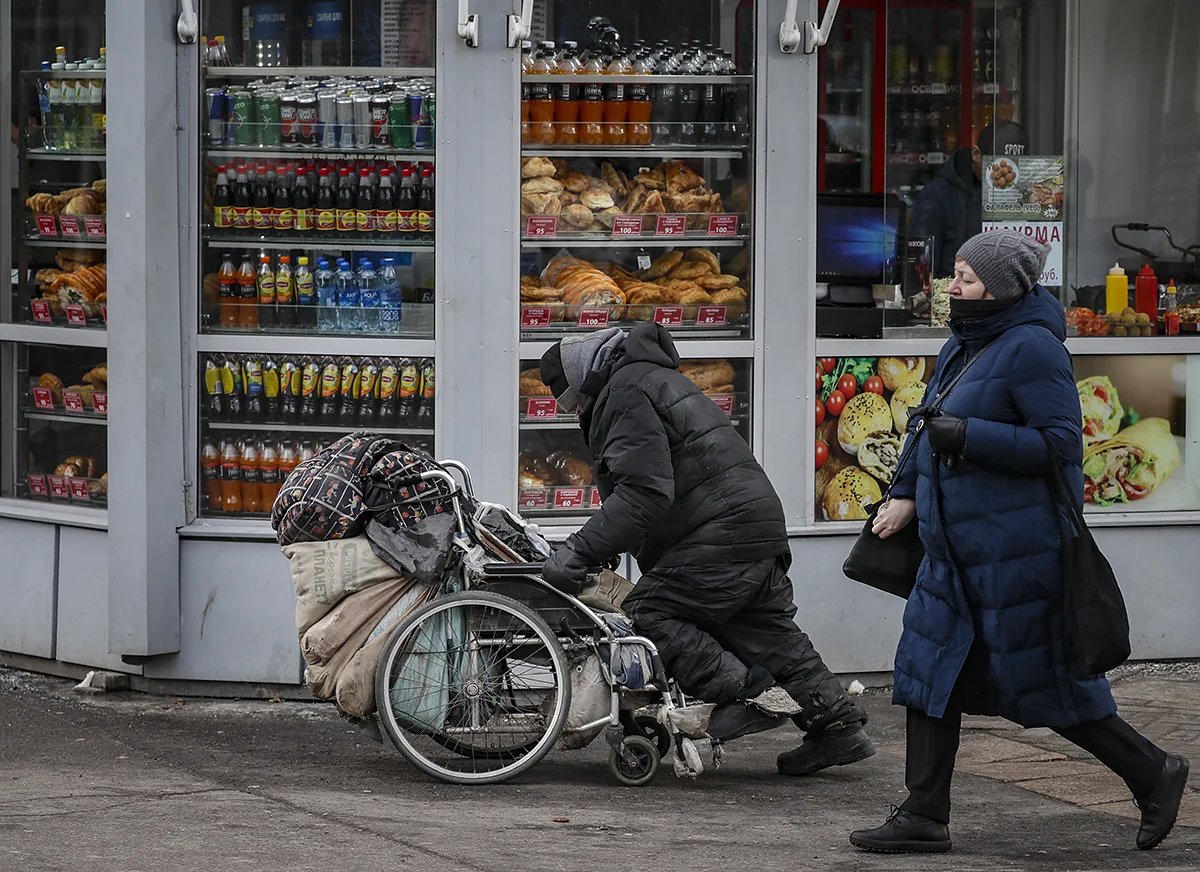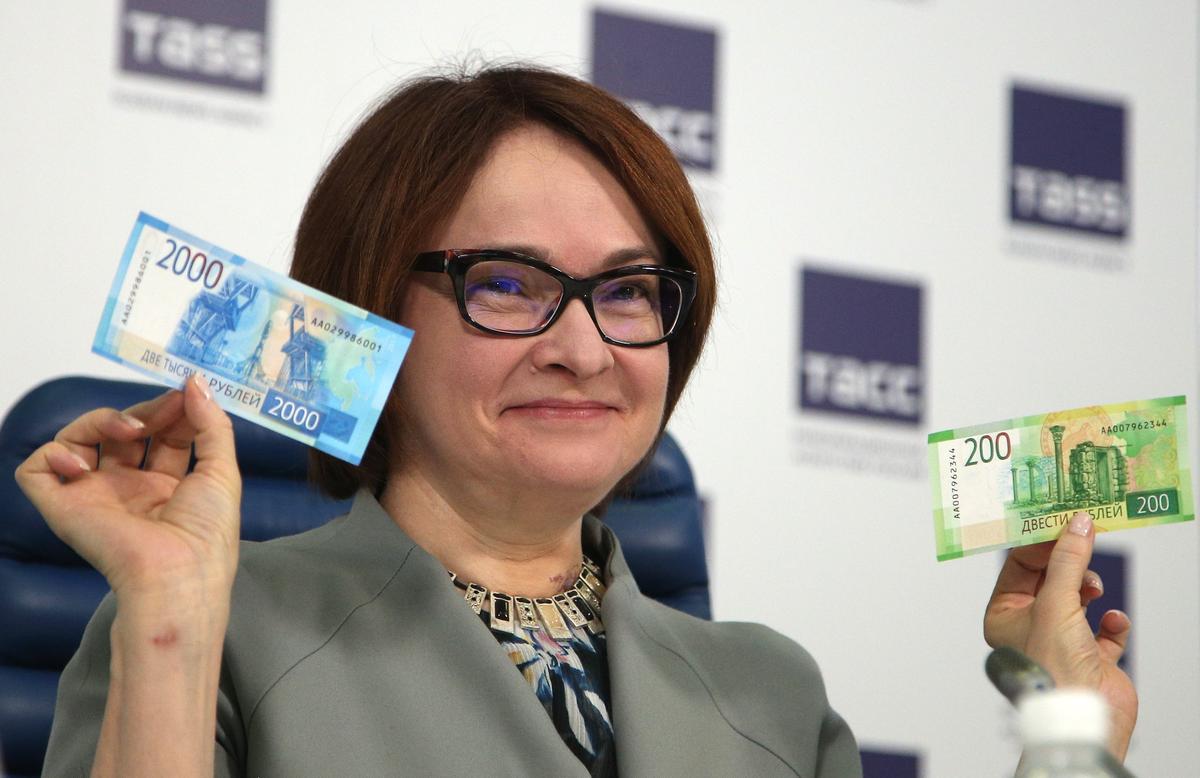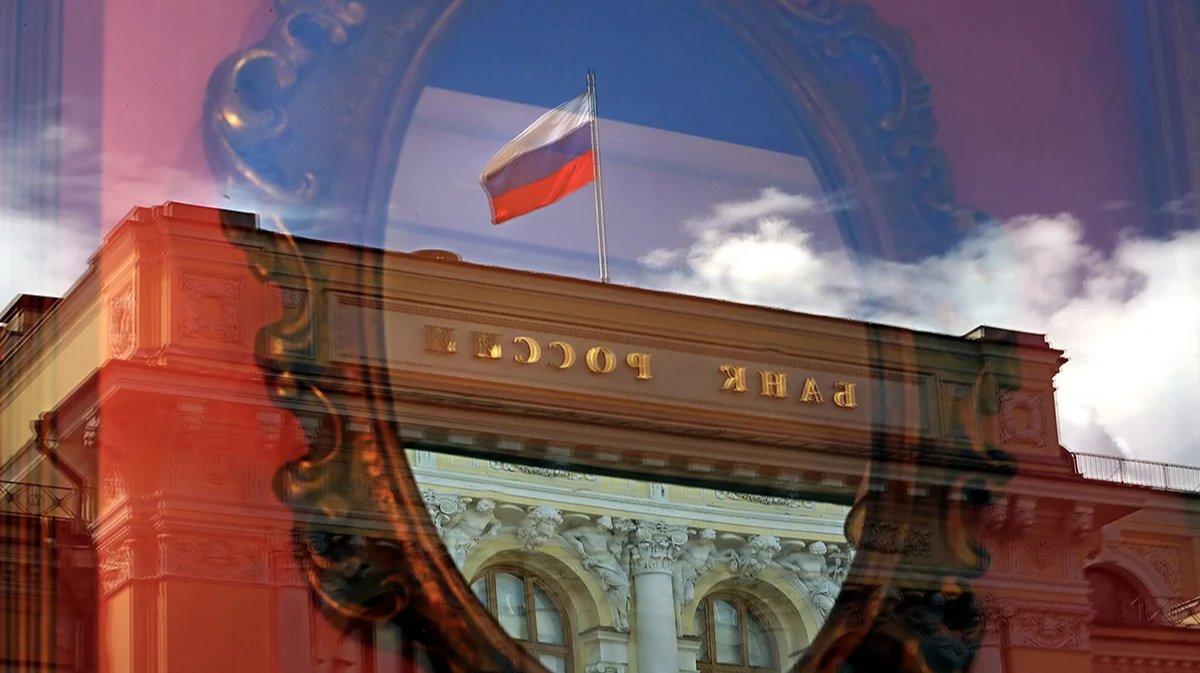Last week Russia’s Central Bank raised its key interest rate from 19% to 21%, the highest level in modern Russian history. It justified the move as a way to bring inflation down to target levels and reduce expectations of further inflation among the public. But how effective is raising the key interest rate in the fight against inflation and how will the move impact ordinary Russians? Novaya Gazeta Europe asked economist Igor Lipsits.
NGE: The Central Bank raised the key interest rate to 21% and expects to get inflation back down to an annual rate of between 4% and 4.5% in 2025. What impact has the war had on interest rates?
IL: A fundamental impact. Before the war, Russia had been able to keep a lid on inflation. The rate was low, about 4% to 5%. The situation was calm, but after the invasion, that stability was gone. A huge amount of money was spent in a very short period of time, leading to price rises.
“And 21% is not the limit. There is already fairly serious talk of the interest rate rising as far as 23% next year.”
Russia stopped pumping money out of the economy and into its reserves, and, accordingly, everything that used to go into reserves went directly on expenditure, leading to rampant inflation, which needs to be brought under control. But that hasn’t gone particularly well, so the bank keeps raising interest rates. And 21% is not the limit. There is already fairly serious talk of the interest rate rising as far as 23% next year.
Inflation isn’t settling, however — it’s actually on the rise for a few reasons. First, the huge injection of cash into the economy due to the war is ongoing. Second, there are already stable inflation expectations — people’s expectations affect the economy, that’s how the economy works. If people expect inflation, they try to buy now at the current high price and are happy buying now, even at a high price, which they believe makes more sense than buying tomorrow when the price might be even higher.
And so a system of inflation expectations arises. The Central Bank attempts to cool the economy, but finds itself unable to because there are now two bodies working against each other — the Central Bank and the Finance Ministry. The Finance Ministry injects money into the economy via the budget, by making and financing military orders. That money is practically free. The money is spent on the military but some passes through the civilian economy when you buy, for example, components or raw materials. This “free” money pouring into the Russian economy causes inflation to rise. The Central Bank tries to keep a lid on inflation caused by the Finance Ministry, but is unable to as it has no control over what the ministry does, and the ministry doesn’t manage its expenses. Those figures are decided by the war.
The Central Bank tries to somehow manage the economy, but without success, which is not surprising, because it tries to do so as if these were stable, classical, calm, peaceful economic times. But the economy is neither peaceful nor calm. It is turbulent and unstable due to the war. So the Central Bank raises the rate but achieves nothing.
NGE: And what is the upper limit? What happens if they increase it to 23%?
IL: There is no upper limit. The higher inflation goes, the higher interest rates will go too. Everyone hopes that it will stop at some point, but it won’t, because inflation won’t stop accelerating until the war and the insane spending end. Russia’s civilian economy will die, as it borrows money at bank rates, which depend on the Central Bank key rate.
Banks take loans from the Central Bank and then lend to businesses. If the key rate in the country is 21%, then banks borrow from the Central Bank at 21%. But they need to make money, so they issue loans to businesses at 23–25%. Businesses need to make a profit on their investment to compensate for such a high-interest loan. But many aren’t that profitable and either have to raise prices or shut down. This is particularly the case for retailers, who often borrow from banks. When the state raises the key rate to this extent, retailers are forced to raise prices. This accelerates inflation, and inflation frightens the Central Bank, which then raises the rate even more, which produces the vicious circle in which Russia currently finds itself.

An unhoused man pushes a wheelchair with his belongings past a shop window in Moscow. Photo: Yury Kochetkov / EPA-EFE
NGE: Will ordinary Russians feel an impact from the rise? Will this immediately affect salaries, food prices, mortgages?
IL: Yes, they’ll feel it everywhere. Those who work in a war-related sector will feel fine for now. Many people are saving more, at least, due to the rise in interest rates. But people who own small and medium-sized companies find themselves in an odd situation. It now makes more sense for them to close their businesses and put all the money they have into high interest savings accounts. That way, they can do nothing and still earn an income. High interest rates kill civilian businesses, because running a business, making all that effort and taking all that risk, is less lucrative than closing the damned thing, firing all the staff, and letting the money earn 23% interest a year while you sit back and do nothing. It makes business both less profitable and appealing. And the less business there is, the less employment there is for people in the civilian sector and the fewer goods and services there are for the general population.
“The Central Bank is fighting inflation, but is only making it worse. It’s a spiral. And one it won’t be able to stop until the war ends.”
The high cost of borrowing leads to higher retail prices. Any companies in the civilian economy now borrow at higher rates of interest and while they may not close altogether, it means their costs are growing. This makes price increases inevitable and they’ll happen even faster, causing an increase in the overall rate of inflation, which will unnerve the Central Bank more still, and it will raise the rate even higher, even if it is unable to overcome inflation that way.
NGE: So the Central Bank explains the increase in the key interest rate as being part of the fight against inflation, and yet the exact opposite happens?
IL: Yes. It’s a closed system where any steps taken to fight inflation actually lead to an increase in inflation. The Finance Ministry has just announced that it will increase budget spending in 2024 by 1.5 trillion rubles (€14.3 billion), partly down to an increase in military spending, and partly due to the fact that even concessionary loans now cost more. If somebody takes out a low-interest mortgage, and the bank earns a normal market interest rate, the difference between the market and preferential interest rate is covered by the Finance Ministry, i.e. subsidised by the state.
If the Central Bank’s key interest rate rises, the market value of loans rises, and the Finance Ministry has to give banks the large difference between market and preferential rates. That means pouring even more money into the economy.

Russia’s Central Bank Governor Elvira Nabiullina shows off new 2,000 and 200 ruble banknotes in Moscow, 12 October 2017. Photo: EPA-EFE / MAXIM SHIPENKOV
The Central Bank is fighting inflation, but is only making it worse. It’s a spiral. And one it won’t be able to stop until the war ends.
Therefore, Russians can expect a steady increase in prices on all food and consumer goods. All areas of life will get more expensive, and there is nothing anyone can do about it. The Central Bank cannot stop it, and Russians can expect even higher price rises next year: as everything else in the economy increases in price, so too will housing and utilities. Housing and utilities becoming more expensive leads to an overall increase in the level of inflation.
NGE: And there is still money in the Russian budget for the war to continue.
IL: Which is partly due to inflation. One of the Russian state’s main sources of income is VAT. The tax is a big earner at times of high inflation, because VAT is already included in prices as a percentage. So the higher the prices caused by inflation, the greater the amount of VAT that pours into the state’s coffers. And then the state invests in the war and drives inflation, which is why prices are rising. State coffers aren’t too badly affected, but ordinary people lose out as their wages fail to keep up with inflation. The war is therefore increasingly taking its toll on the poorest people in Russia.
Join us in rebuilding Novaya Gazeta Europe
The Russian government has banned independent media. We were forced to leave our country in order to keep doing our job, telling our readers about what is going on Russia, Ukraine and Europe.
We will continue fighting against warfare and dictatorship. We believe that freedom of speech is the most efficient antidote against tyranny. Support us financially to help us fight for peace and freedom.
By clicking the Support button, you agree to the processing of your personal data.
To cancel a regular donation, please write to [email protected]

